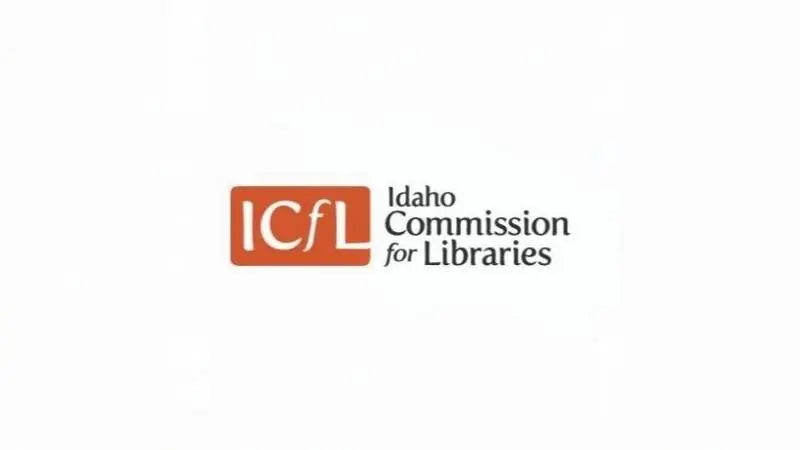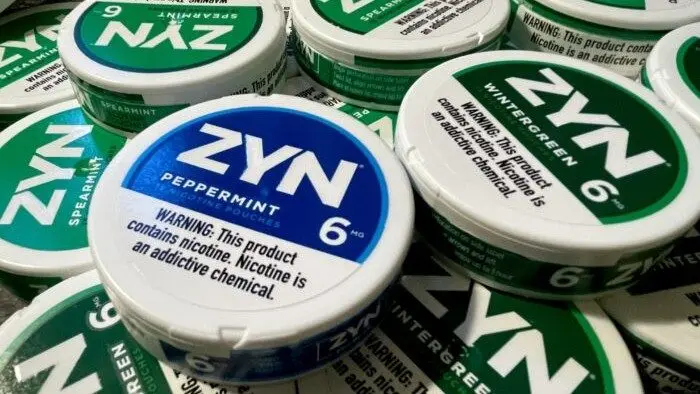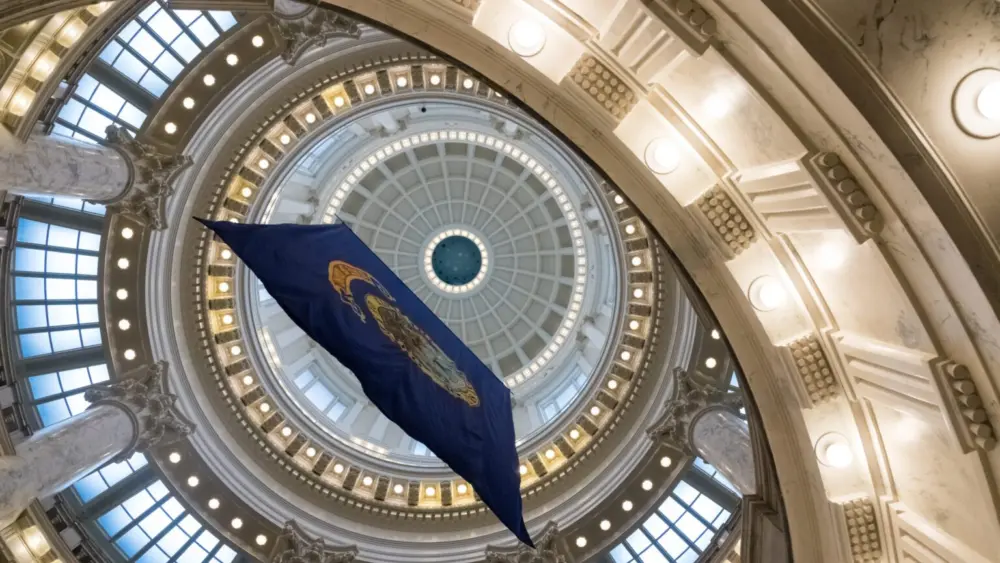Originally posted on IdahoEdNews.org on June 12, 2025
BOISE, ID – The federal government has canceled a $6.3 million grant for the Idaho Commission for Libraries, state library leaders announced at a board meeting Thursday.
The grant would have gone toward a statewide digital access initiative years in the making.
The first round of 29 grant recipients had been selected to receive more than $2.3 million combined. The ICfL was awaiting federal approval to issue the funds when the grant was canceled on May 9. The digital access program was “right on the cusp of being able to do some pretty major things for the state,” Idaho State Librarian Stephanie Bailey-White said.

The initial recipients included libraries, community colleges, nonprofit organizations and other state agencies spread from Oneida County in the south to Bonner County in the north. They were planning to use the funds for everything from digital skills and cybersecurity classes to laptops and accessories to tech repair support. More grants would have been awarded in subsequent years.
This first batch of grants would have reached nearly 200,000 Idahoans in 61 cities and towns across 39 counties.
“Being able to address the digital divide and digital skills gaps was going to make a crucial difference,” Dylan Baker, the deputy state librarian, told EdNews.
Many Idahoans only have a smartphone to access the internet, which inhibits tasks like writing a resume, applying for jobs or doing schoolwork. Providing access to appropriate devices would be a “wonderful complement to the broadband infrastructure that is being deployed.” Baker said.
“It is really just unfortunate news that everything … kind of ground to a halt,” Baker said at Thursday’s meeting. “It is disheartening that we won’t be able to implement the (digital access) plan that so many came together to work on for so long.”
ICfL commissioner Norma Staaf lamented the grant cancellation. She said she was at her local library yesterday, and “all seven of the ancient computers (were) in use all day long.”
“This isn’t a huge amount of money when you look at the federal budget,” Board Chair Dave Mecham said, “but the amount of good that it could have done in Idaho … We could have helped a lot of people but we’re not able to now. That’s disheartening.”
Mecham and Staaf asked if there was any chance the funds could be restored, either through legal action or otherwise.
“Nothing public has come forth yet that indicates how or when these might be restored, if they will,” Baker said, adding that ICfL staff is “keeping an eye” on how other states and organizations are responding to the cancellations.
Timeline: The now-canceled grant was years in the making
- December 2021: The ICfL announces its designation as the administrative entity for Idaho to lead the development and implementation of a statewide digital access plan, Digital Access for All Idahoans (DAAI).
- November 2022: The ICfL receives a federal award of $564,706 to develop the plan within a year. That process included holding 17 regional focus groups in 13 cities statewide, a phone survey of 1,000 adults, and 15 digital access partner interviews.
- October 2023: The digital access plan is completed early and under budget.
- February 2024: Idaho is one of the first six states to have its digital access plan fully accepted by the federal National Telecommunications and Information Administration, or NTIA. That designation allows Idaho to apply for an additional grant to implement the plan.
- May 2024: Idaho applies for the federal grant, called the State Digital Equity Capacity Grant, to put the digital access plan into action.
- October 2024: Idaho becomes the third state to receive the grant, which will be awarded in the amount of $6.3 million.
- February 2025: 29 sub-grantees are selected for awards totaling over $2.3 million — spending previously authorized by the state Legislature. The ICfL was awaiting approval of the sub-grantees before finalizing and issuing them.
- April 2025: The Legislature taps the brakes on future grant spending. Lawmakers authorize slightly more than $1.2 million in spending for 2025-26, down from ICfL’s request for $2.5 million. This would not have affected the 29 grants awarded in February 2025, but it would have affected future grant awards.
- May 2025: The NTIA cancels the $6.3 million grant outright. The digital access plan, which would have gone through 2029, comes to a halt.
However, some digital access efforts were not funded by the canceled grant and will remain in place, Baker said, including IdahoDigitalSkills.org, the state’s free “one-stop-shop website for digital skills training.”
And while the grant cancellation was disappointing, Baker said ICfL staff is committed to finding ways to continue supporting libraries and addressing the digital divide.
“People are always going to need (digital skills) and we will continue to be resourceful and find ways to address those needs, because that’s the heart of everything we do,” Baker told EdNews.
The digital access program had already come under scrutiny at the Statehouse. This year, the Legislature authorized only $1.2 in grant spending for 2025-26. This move would not have affected the first round of 29 grants, which the Legislature had already authorized. But this move would have affected future grants.
The feds’ May decision zeroes out all grants outright.
ICfL will lay off four staff members as it braces for federal cuts to its Talking Books Services
The ICfL is cutting four staff positions and looking into a partnership with the Utah State Library as it prepares for possible federal cuts to the Idaho Talking Book Services, which provides audiobook services to disabled Idahoans.
The four staff members whose positions are being cut — three customer service representatives and an office specialist — will be laid off at the end of September.
“It’s a decision that’s not been made lightly,” Bailey-White said.
“There was just so much uncertainty,” Baker told EdNews. “Rather than scrambling if there is a sudden change with our federal funding, we thought it would be better … to make that transition in a more thoughtful, intentional manner.”
ICfL is planning to contract with USL to continue offering Talking Book Services, a switch that could be in place by mid-September.
The Talking Book Services currently costs about $510,000 a year and is fully covered with federal funds. Under the proposed partnership, costs would drop to $356,000 — a savings of about $154,000 per year.
ICfL staff is making the changes in the hopes that the state might pick up the reduced tab if federal funds are canceled, but that is not assured.
“There’s still a lot of uncertainty there and some challenges,” Baker said.
He added that the audiobook program is “very popular throughout the state, and it’s serving people with real needs for access to literature, books, information, and human contact.”
The partnership with USL will also provide some improvements to the program, including increased access to large print titles.
USL already has similar partnerships in place with Montana, Alaska and Wyoming.





